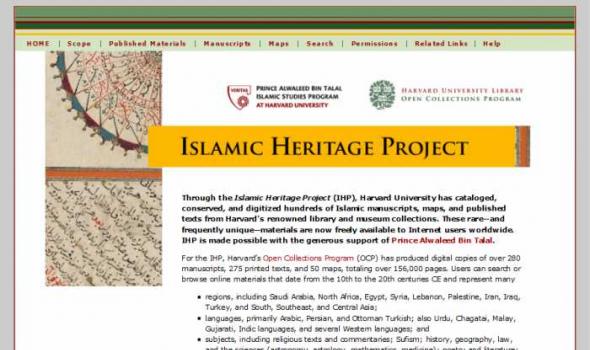Category: Arts & Humanities, Text, English, Harvard University, United States, Massachusetts
Results
The public's fascination with the human drama of the courtroom did not begin with Perry Mason or Court TV. Cases involving the relationships between men and women, within or outside the bonds of marriage, have long engaged the popular imagination. In the eighteenth and nineteenth centuries, published accounts of sensational trials provided the public with both entertainment and cautionary tales. Studies in Scarlet presents the images of over 420 separately published trial narratives from the Harvard Law School Library's extensive trial collections.
About the Collection The Milman Parry Collection of Oral Literature Widener Library Room C, Harvard University Cambridge, MA 02138 (617)-496-2499 This page contains links to narratives about the Milman Parry Collection, information about the Collection's partners/supporters, details on scholarly access to the site, and other information. An Introduction to the Collection "The Milman Parry Collection is the largest single repository of South Slavic heroic song in the world. It comprises the following separate collections.
The Rev. Claude L. Pickens, Jr. Collection on Muslims in China Do Not Divide Moslems and Chinese "Along the Old Silk Road to Europe. East Gate, Hao Tien" (CP02.29.03) from The Rev. Claude L. Pickens, Jr., Trip to Northwest China , photograph album, p. [29] Over 1000 photos of Muslims and Christian missionaries working among them in Western China in the 1920s and 1930s form the core of this collection, which is supplemented by several hundred books, pamphlets, broadsides, etc., in several languages. Gift of Rev. Claude L. Pickens, Jr. in memory of Joseph Fletcher Professor of Chinese and Inner Asian History at Harvard University. The albums and photographs can be viewed in the VIA online catalog.
Reading: Harvard Views of Readers, Readership, and Reading History is an online exploration of the intellectual, cultural, and political history of reading as reflected in the historical holdings of the Harvard Libraries. For Internet users worldwide, Reading provides unparalleled digital access to a significant selection of unique source materials: For researchers, teachers, and students who may not have ready access to extensive historical collections, Reading provides an inspired opportunity to participate more fully in this rapidly expanding research area.
Through the Islamic Heritage Project (IHP), Harvard University has cataloged, conserved, and digitized hundreds of Islamic manuscripts, maps, and published texts from Harvard’s renowned library and museum collections. These rare—and frequently unique—materials are now freely available to Internet users worldwide. IHP is made possible with the generous support of Prince Alwaleed Bin Talal . For the IHP, Harvard’s Open Collections Program (OCP) has produced digital copies of over 280 manuscripts, 275 printed texts, and 50 maps, totaling over 156,000 pages. Users can search or browse online materials that date from the 10th to the 20th centuries CE and represent many
The Human Factor Introduction In the 1930s Harvard Business School colleagues Donald Davenport and Frank Ayres contacted leading businesses and requested photographs for classroom instruction—images Davenport hoped would “reveal the courage, industry and intelligence required of the American working man.” They amassed more than 2,100 photographs, from strangely beautiful views of men operating Midvale Steel’s 9,000-ton hydraulic press to women assembling tiny, delicate parts of Philco radios. Now students, and America’s aspiring corporate managers, had visual data to study “the human factor,” the interaction of worker and machine. But the pictures were more than documentary records.
Introduction The Harvard-Yenching Library holds some 5,000 photographs and 10,000 negatives taken by Hedda Hammer Morrison (1908–1991) while resident in Beijing from 1933 to 1946. The photographs, mounted in thematic albums prepared by Mrs. Morrison, and the negatives, were bequeathed to the Harvard-Yenching Library, "the best permanent home for her vision of a city and people that she loved [Alastair Morrison]." All of the photographs contained in the 28 albums assembled by Hedda Morrison have been cataloged and digitized and can be viewed in VIA (Visual Information Access), the union catalog of visual resources at Harvard.



























